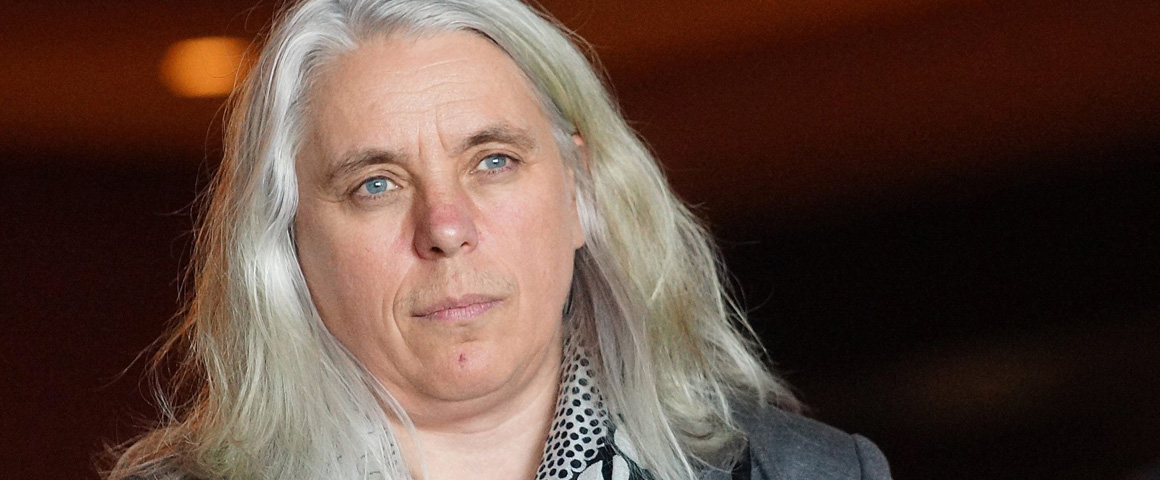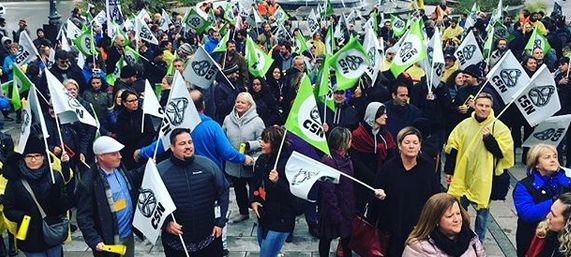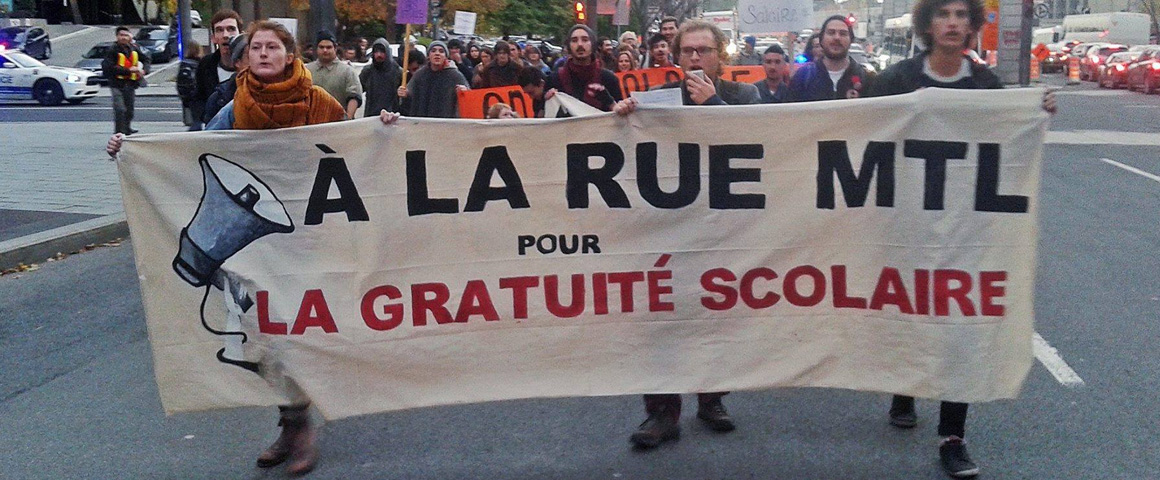Gerrymandering in Québec and Canada has a long record. One of the first examples was in 1839, when Governor-General Lord Sydenham, knowing that the majority of the population in the former Lower Canada was strongly opposed to a union with Higher Canada, had to manage a way to force the adoption of the Act of Union. He made sure that suburban areas close to Montréal, Québec and Trois-Rivière, all inhabited mainly by French-speaking people, would be attached to rural constituencies instead of urban ones. With this recomposition, not only did the English-speaking minority – which was dominant in urban centre – become over-represented, but the majority of the French-speaking population in the suburbs were denied the right to vote, because tenants had no right to vote in rural districts at that time.
Gerrymandering was an important tool of the Duplessis régime between 1936-1939 and 1944-1959. The electoral map had not been revised between 1853 and 1960. This greatly advantaged the conservative Union Nationale party of Duplessis, since rural to urban migration resulted in the population of Montréal constituencies (generally closer to the Liberal Party) often totalled up to 55,000, whereas in rural areas, generally favourable to the Union Nationale, the average population per constituency would be around 5000.
Another example of gerrymandering in Montréal has to do with the federal riding of Cartier, in which Fred Rose was elected twice. In this riding, the Labour-Progressive (Communist) Party was a dominant force from the 1930s until the beginning of the 1950s, when the constituency was changed to include wealthier areas until its final dismantling in 1968.
These cases show how gerrymandering has been used in a partisan way, always favourable to the elites and to harm progressive people, the working class and the popular masses. All these examples occurred before a specific law regulated the modification of the electoral map, but the adoption of such a law in 1979 in Québec unfortunately didn’t prevent the use of this tactic to help ruling parties hold on to some regions.
This is what almost happened recently with the Québec Liberals’ attempt to suppress the Montreal riding of Ste-Marie-St-Jacques, currently represented by LGBTQ+ activist Manon Massé under the banner of Québec Solidaire.
(Québec Solidaire was launched in 2006 after the union of Françoise David’s “Option citoyenne” movement and the Union des forces progressistes coalition formed by the Parti communiste du Québec amongst others. This unique formation represents the most progressive elements of the social and labour movements of Québec, and stresses social issues over the national question. QS currently holds three seats in the National Assembly.)
It all started in 2015, when the Chief Electoral Officer was asked to present to the National Assembly a first preliminary report on a project to update the electoral map of Québec. The second version of this report proposed to merge Ste-Marie-St-Jacques with the riding of Westmount-St-Louis, a Liberal fortress.
Both constituencies have nothing in common. Ste-Marie-St-Jacques is historically a French-speaking working class neighbourhood, and is also the area with the highest concentration of LGBTQ+ people in Québec because it includes the “gay village”. On the other hand, Westmount-St-Louis includes the western part of downtown Montréal, part of the financial district, and is inhabited mostly by the Anglophone bourgeoisie.
Of course, this broad socio-economical portrait has to be refined. For example, if Ste-Marie-St-Jacques (or the Faubourg à m’lasse, as Manon Massé presented it in a Feb. 20 press conference) used to be the place where “the first working men and women settled”, it is also true that in recent decades, gentrification has been a dominant trend; in 1963, about 5000 people were expropriated from their homes in this neighbourhood before the construction of Radio-Canada headquarters. This battle has been a key issue which the Québec Solidaire deputy has been fighting. Merging Ste-Marie-St-Jacques with Westmount would have driven the final nail into the coffin for those who oppose gentrification.
In her crusade against this decision to dismantle the riding, Manon Massé has counted on many supporters. The citizens of Ste-Marie-St-Jacques mobilized 400 people for a public meeting, and collected over 14,000 signatures for a petition.
The broad range of supporters included the two opposition parties, some members of the Liberal Party, the Mayor of Montréal, Denis Coderre, along with community and labour groups operating in the area. Dominique Daignault, President of the Montreal Central Council of the CSN, sent a letter to the Chief Electoral Officer demanding that consultations be undertaken before proceeding with the reconfiguration of the electoral map, and stressing that a modification of the electoral system is essential, including a proportional dimension.
After an injunction to reverse the decision of the Chief Electoral Officer was defeated in court on Feb. 21, Manon Massé clearly stated, “now is time for action.” She praised QS members and sympathizers for bringing the struggle to the political level. This was a factor in the final decision on March 2 to merge two other ridings, Outremont and Mont-Royal, instead of dismantling Ste-Marie-St-Jacques.
At the end of the day, whether or not the attempt to dismantle Ste-Marie-St-Jacques was deliberate, this manoeuvre would have suited the Liberals about a year before the 2018 Québec elections. In that context, safeguarding a riding, and throwing some sand into the wheels of Québec Solidaire, would have objectively favoured the Liberals. Even with a small number of deputies, Québec Solidaire has played a positive role in the opposition. as the only voice representing the most progressive forces within the labour and social movements. Since 2014, QS has been the only party opposed to the Liberals austerity agenda.
It is no exaggeration to say that the Liberals tried to infringe the principles of democracy through gerrymandering in a way that suits the interests of big corporations. Ignoring the reality of marginalized people is part of their strategy to put the burden of the economic crisis on the shoulders of the people.
The social and progressive movement won an important battle, to help reinforce the voice of those who fight against the interests of big corporations. Nevertheless, the core of the problem is still to be solved. That is why, during her press conference, Manon Massé made it clear that on a long term basis, adopting a proportional voting system would ensure that “all votes count.”



